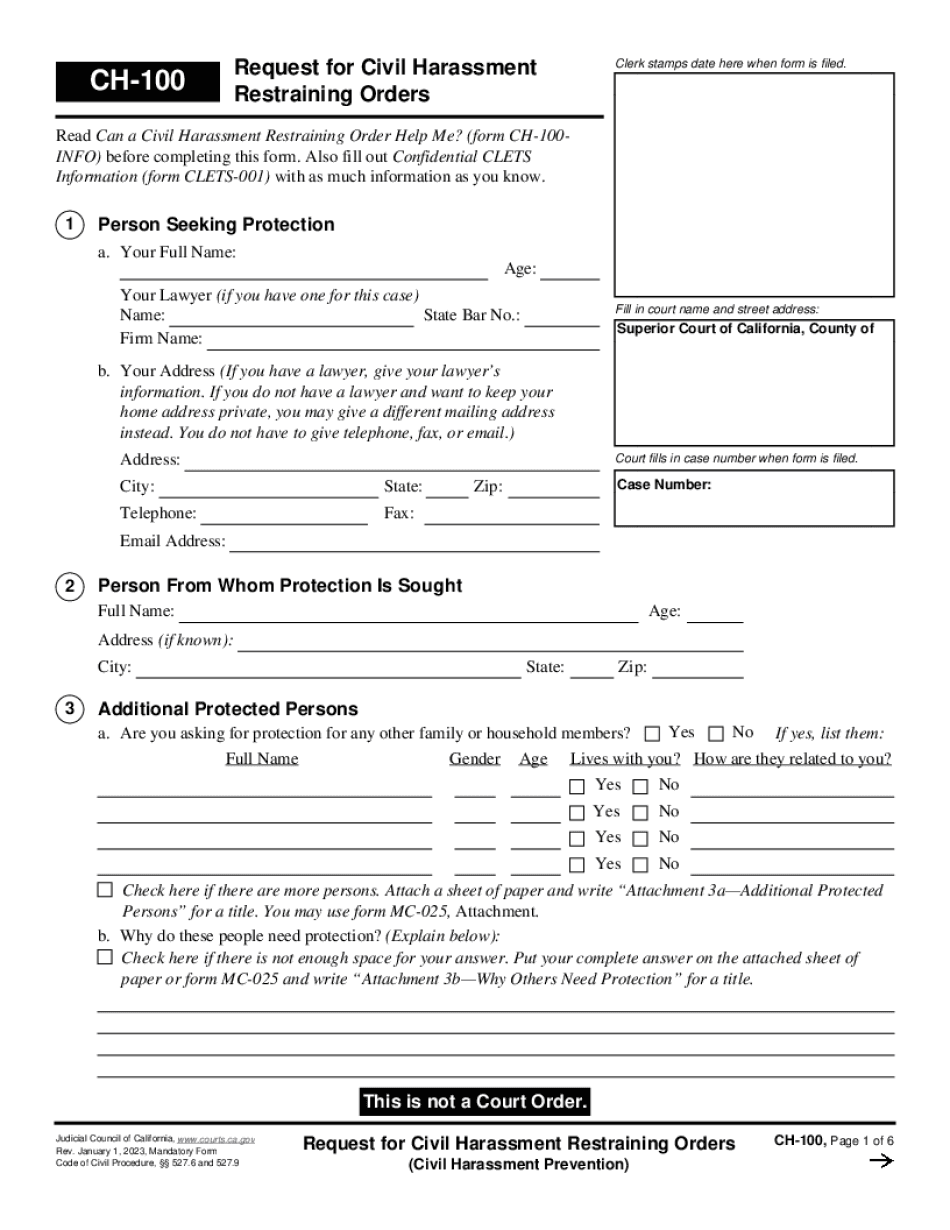Serve Paperwork Like a Pro: Quick Tips

If you're involved in serving legal documents, you know that doing so correctly and professionally can significantly impact the outcome of your case. Whether you are a process server, an attorney, or simply someone needing to deliver court papers, this guide will arm you with the essential steps and tips for serving paperwork like a pro. From the initial preparation to understanding the legalities involved, let's dive into how you can ensure service is done right.
Understanding the Basics of Serving Paperwork

Serving legal documents involves delivering notices, summons, subpoenas, or court orders to the person involved in the litigation. This step ensures that individuals are legally notified of court actions affecting their rights or property, thus, following the correct procedures is crucial.
Who Can Serve Paperwork?

- Certified Process Servers: Specially trained and legally appointed to serve documents.
- Attorneys or Paralegals: Sometimes, legal professionals serve documents directly or through their staff.
- Sheriff or Police Officers: In certain jurisdictions, law enforcement officials might handle service.
- Any Adult: In some cases, any non-party adult can serve legal documents, provided the service method is legal.
Preparing for Service

Prior to serving paperwork, thorough preparation is key:
- Identify the Defendant: Ensure you know the correct identity and address of the person to be served.
- Gather Necessary Documents: Have all documents ready, including proof of service forms.
- Check Local Rules: Each jurisdiction has specific rules regarding how service must be performed.
📝 Note: Service rules can vary greatly; checking local regulations is critical to avoid improper service.
Methods of Service

There are several methods for serving legal documents, each with its own set of rules:
Personal Service

- Handing documents directly to the recipient.
- Preferred method because it provides clear proof of service.
Substituted Service

- Service at the recipient’s residence or business if direct service isn’t possible.
- Must be served to a co-resident or someone of suitable age.
Service by Mail

- Certified mail with a return receipt requested, acknowledged by the recipient.
- Less common but useful in some jurisdictions or cases.
Publication Service

- Advertising the notice in a newspaper when personal service can’t be achieved.
- Used as a last resort when the recipient is avoiding service or cannot be found.
Electronic Service

- Email or other electronic means, if consent is given or allowed by law.
Common Pitfalls and How to Avoid Them

| Pitfalls | How to Avoid |
|---|---|
| Improper Identification of the Defendant | Verify the identity with official documents or a witness. |
| Incorrect Service Method | Consult local regulations and use the method prescribed by law. |
| Incomplete or Inaccurate Proof of Service | Document the time, place, method of service, and servee's acknowledgment clearly. |
| Serving Documents to the Wrong Address | Confirm the address, possibly through property records or confirmation. |

By being mindful of these common errors, you ensure the legal process is followed to the letter, keeping your case on solid ground.
Final Steps Post-Service

After the service, several steps should be taken to finalize the process:
- Complete Proof of Service: Fill out the proof of service form in detail. This form must be accurate and may need to be notarized.
- File with the Court: Submit proof of service to the court and keep a record for yourself.
- Notify Counsel: If representing someone, inform the attorney or client of successful service.
📝 Note: Always keep multiple copies of the proof of service for your records as well as for court filings.
Having followed these steps diligently, you've not only ensured proper service but also moved the legal proceedings forward efficiently. It's about ensuring everyone involved is duly informed and given their due process, which underpins the integrity of the legal system. Remember, the key to serving paperwork like a pro is preparation, understanding of the law, and meticulous attention to detail. By doing so, you maintain the trust and efficacy of the legal process, ensuring all parties have their day in court.
Can anyone serve legal documents?

+
Yes, in some jurisdictions, any adult who is not a party to the case can serve legal documents, provided the method of service complies with local laws.
What happens if service of process is not done correctly?

+
If service is not performed according to legal requirements, the case could be dismissed, or service might need to be redone, potentially delaying the legal proceedings.
Can I serve paperwork myself?

+
Yes, you can serve documents yourself if you are not a party to the lawsuit, or if allowed by local rules. However, hiring a professional process server can be beneficial to ensure compliance and efficiency.